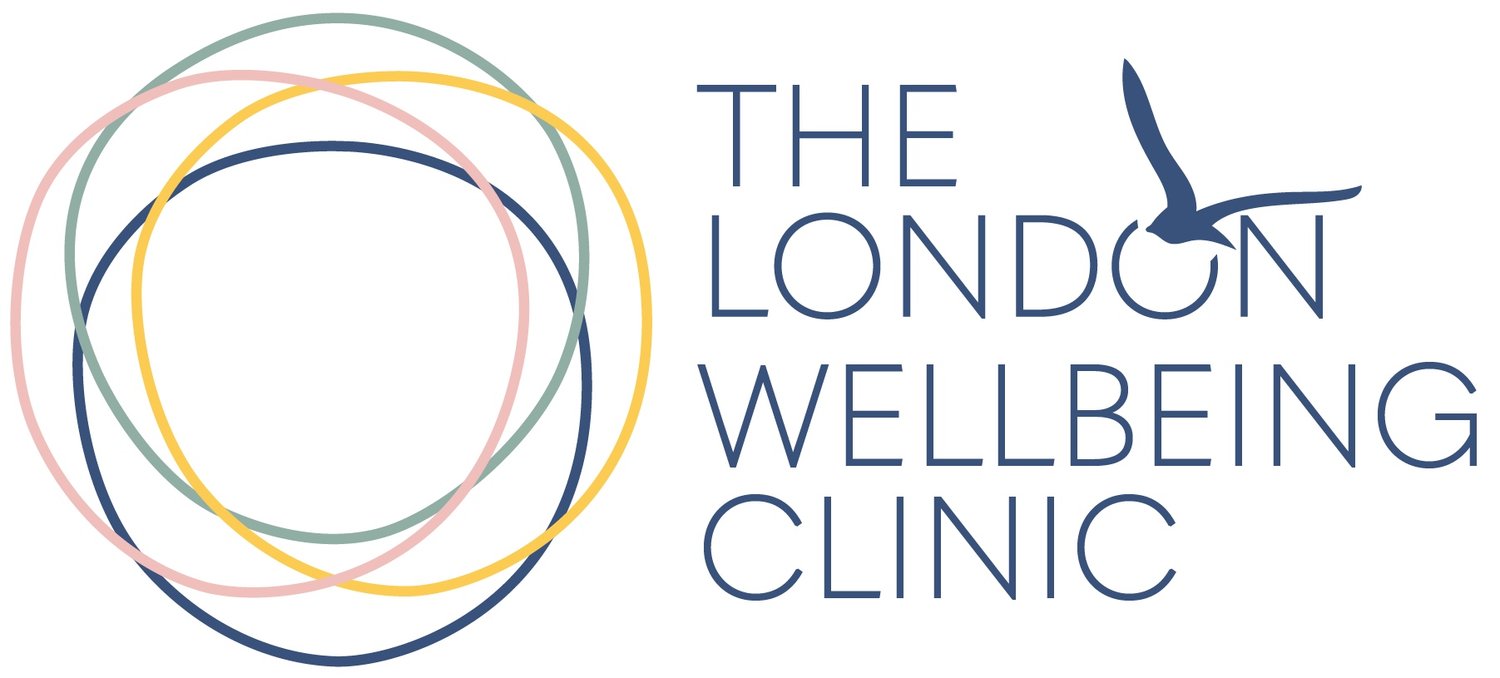Detail 1
The London Wellbeing Clinic offers Psychotherapy both face to face in our SW6 London Office, and Worldwide in an online platform. We are passionate about working in Psychotherapy are accredited and registered Psychotherapists with the BABCP, with regular supervision and CPD. We welcome clients who pay privately or through one of the various insurance companies we are affiliated with.
Detail 2
We have worked in mental health settings for many years and have specifically trained in providing Cognitive Behavioural Psychotherapy and other variants recognised as being effective in treatment mental health difficulties. We are accredited by the British Association of Behavioural & Cognitive Psychotherapies (BABCP) which requires us to work in accordance with the BABCP ethical guidelines and we attend regular training to ensure we are up-to-date with the latest interventions. Each therapist has developed specialist areas. We are aware that choosing a therapist can be a very difficult and important decision; so a brief overview of our approach may help you. We aim to be respectful, genuine, non-judgemental and supportive at all times. It is important to us that you feel safe and comfortable; so confidentiality is always guaranteed. Whilst in therapy we will work with you to ensure that you have a customised, evidence-based treatment plan that you have agreed to. This helps to ensure that the treatment you receive will be of a standard dictated nationally by the National Institute for Clinical Excellence.
We can both be found on the BABCP website which you can be directed to from here.
Detail 3
Our core training is within Cognitive Behavioural Therapy (CBT), although we tend to use an integrative approach of different therapies we have been trained in and learned over the years.
CBT is the combination of cognitive and behavioural therapy models, and should help you to understand how you think about yourself, the world and others. It draws upon the premise that what you do ('behaviours') affects your thoughts ('cognitions'), feelings and physical symptoms. The behavioural therapy component identifies and then challenges unhelpful or harmful behavioural patterns. The cognitive therapy component follows the premise that certain ways of thinking can trigger or fuel certain emotional difficulties. Therapy therefore aims to identify unhelpful thought processes, mental images, belief systems or attitudes and adapt them to ensure they are realistic as well as helpful, with the Universal goal to improve overall wellbeing.
Who do we help?
We help people with a range of difficulties; whether they have a formal diagnosis or those who are looking to make a meaningful change in their life, we can help.
The following is a list of disorders that we help people with, although it is not exhaustive.
*Panic Attacks or panic disorder
*Depression
*Obsessive Compulsive Disorder (OCD)
*Post Traumatic Stress Disorder (PTSD)
*Habits such as facial tics
*Some sleep problems
*Post Natal Depression
*Specific phobias (I.e. Heights, flying, blood, animals, confined or open spaces etc.)
*Generalised Anxiety (GAD)
*Social or performance anxiety
*Body Dysmorphic Disorder (BDD) *Eating Disorders
*Chronic Pain
*Chronic Fatigue Syndrome or Myalgic Encephalomyelitis (CFS/ME)
Most therapists typically develop specialisms in one or more particular disorders so it would be important when choosing your therapist to check whether they treat your particular problem.
How Do I Know I’m Ready?
If you have thought about engaging in therapy, you are probably ready. It does take time and commitment, so it is important to consider how you would like therapy. Would you prefer online therapy to fit around you? We have a lot of clients worldwide, and those who travel, and we find the online works best for them. You may prefer therapy face to face, and we currently see clients from 3 different offices in South West London.
During the course of the therapy you will start with an assessment of your difficulties. You would then be able to discuss a treatment plan and goals that you want to achieve from therapy. Each session normally lasts 50 minutes and a course of therapy typically last between 12-20 sessions, however this can be shorter or longer depending on the nature and severity of your problem and what you would like to achieve.
